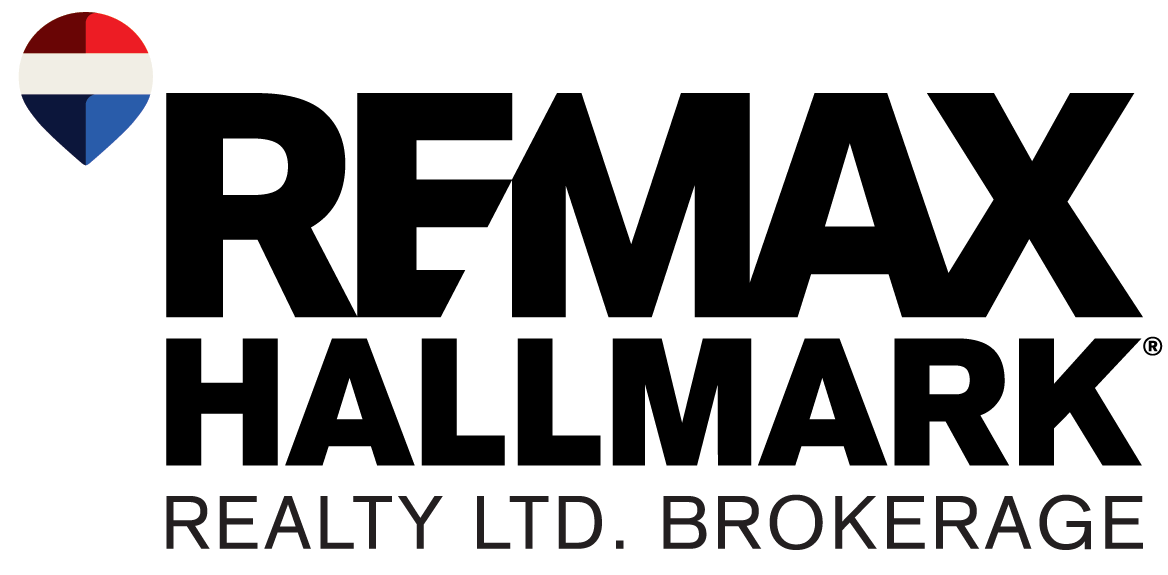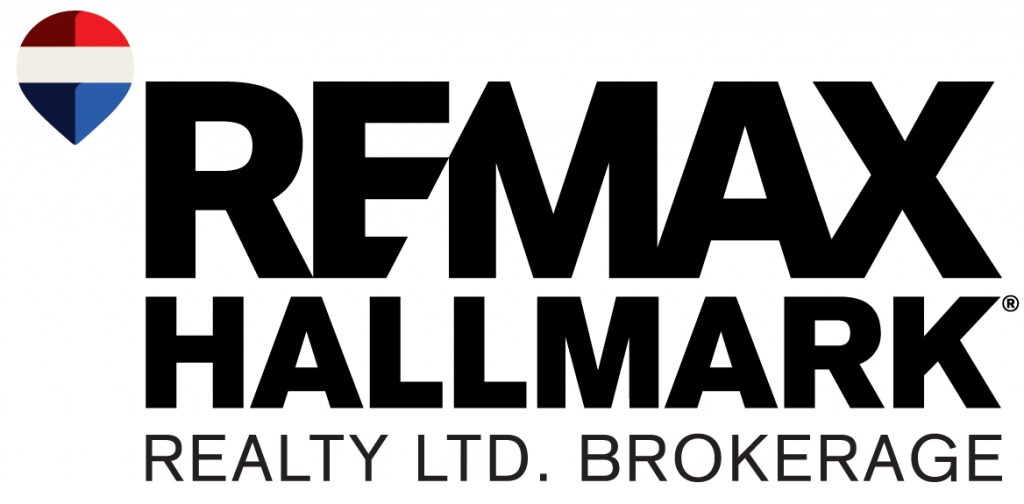Are You Thinking of Buying an Income Property?
Real estate is generally a very solid investment. There is a lot of appeal to putting your hard earned dollars into a physical structure—as opposed to investments where profit is subject to the markets, until you realize your profit upon sale.
Depending on location, an investment property isn’t likely to drop in value overnight. But there are also some considerations that you should look at before you make the leap from simply owning property to becoming a landlord.
buying a primary residence with an income suite
One of the ways that some people enter the housing market is by purchasing a home that they will live in, that also has an income suite, which they can rent out. An income suite is defined as being a completely separate unit, within the original residence that you plan to live in. It would need to have its own entrance, kitchen, sleeping and living areas to be considered an income suite. In other words, you can’t share any of your home’s facilities with your tenants.
The Canadian Housing and Mortgage Corporation (CMHC) recognized, in 2015, that homes with income suites are a viable option for people trying to get on the real estate ladder. They have made it easier to get mortgages for homes with income suites by allowing 100% of the gross rental income to be included in the debt-service ratio calculation.
There is another upside to building an income suite into your home, if you don’t already have one: it will add value to the property and, for someone who is aging, might allow you to remain in your home longer. It’s also a good way to get your feet wet in the whole income property game, before you consider moving on to buy property that you won’t be living in.
buying an income property you won't live in
If you don’t think that living with your tenants’ right above or below you is the right strategy for you, you can also consider buying a property to rent out. In Kingston, for example, some 10-20% of the condo sales are parents buying units for their children to rent while attending school at Queen’s University. It’s a strategy that’s proving to be more affordable than student housing with meal plans and is happening everywhere, including here in the GTA.
Whatever your reasons are for investing in an income property, one of your first considerations will be whether you want to manage the property yourself, or hire a property management company. The advantage of the former is that you reap all the rewards of the income; however, you also have to deal with all the issues.
“Just ask Milo Wu, a 31-year-old elementary school counselor in Vancouver. He and his wife Erica, 31, bought a bungalow in 2005. Wu had just read The Automatic Millionaire by David Bach and, as he tells it, was ready “to make real estate my piggy bank.” But after just three years, the couple sold the bungalow because the endless stream of repairs was harming both their pocketbooks and their lifestyle. “It can be a ticking time bomb,” says Wu. “If you’re a hands-on landlord, any time the phone rings, it can be a tenant complaining about a leaky faucet or a plugged toilet. We wanted to be free of tenant complaints.” (Source)
What else to consider before investing
- Your financial resources: you’ll need at least 20% down to get a mortgage. There are also the closing costs, as you would have on any property. Beyond the initial capital required, you want to be ready for repairs and maintenance costs, to the tune of 2-4% of the property’s value. Don’t forget property taxes and that you’ll have to insure the property—though your tenants will be responsible for their own content insurance. You’ll also want to plan a reserve for when the property or units within it aren’t rented out or your tenant isn’t paying you. More on that later!
- Your potential ROI: where your property is located, what condition it is in, what amenities you’re planning to include and the overall rental rates in the area, will all affect how much you can charge for rent. Adding in potential repairs, as mentioned in the previous bullet point, and your mortgage costs, you have to see if you are covering your costs with a little extra or not. The extra can come in handy down the road if, for example, interest rates were to rise.
- There are laws governing landlord and tenant relationships: you’ll need to be very clear on understanding the Residential Tenancies Act and how the Landlord and Tenant Board deals with the associated regulations! Evicting a tenant for not paying or for holding raucous parties every single night isn’t done in a day. In the meantime, you might be losing out on rental income. So understanding your rights, and your tenants’ rights, is a good start.
- Hire an accountant: the tax laws on what you can and can’t deduct against the rental income is complicated enough that you might not want to go it alone. For example, advertising an empty suite is deductible immediately but replacing a stove is not: it needs to be depreciated as a capital expense, over several years.
steps after you've bought an income property
- Make sure you use rental agreements that stipulate everything about the terms of the rental: what the rent covers, what it doesn’t, and so on.
- Set up accounts to do credit checks with Equifax and / or TransUnion to make sure that your applicants are able to pay, at least at that point in time. References from an employer or previous landlords are also a great idea. Doing a little due diligence up front will save you some headaches later on.
- Get to know your tenants. If you build a relationship with them, starting off on the right foot from day one, as any business owner should, you’ll find it easier going throughout the process.
Owning an income property and receiving income from it is a business, pure and simple. If you treat the process as you would running a business, you won’t get caught out. If you need help finding the perfect income property, make sure you enlist the help of a qualified realtor.



